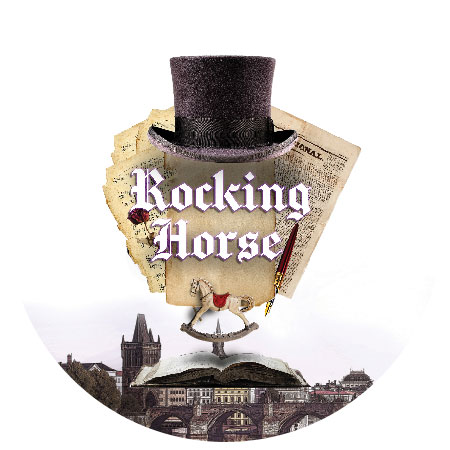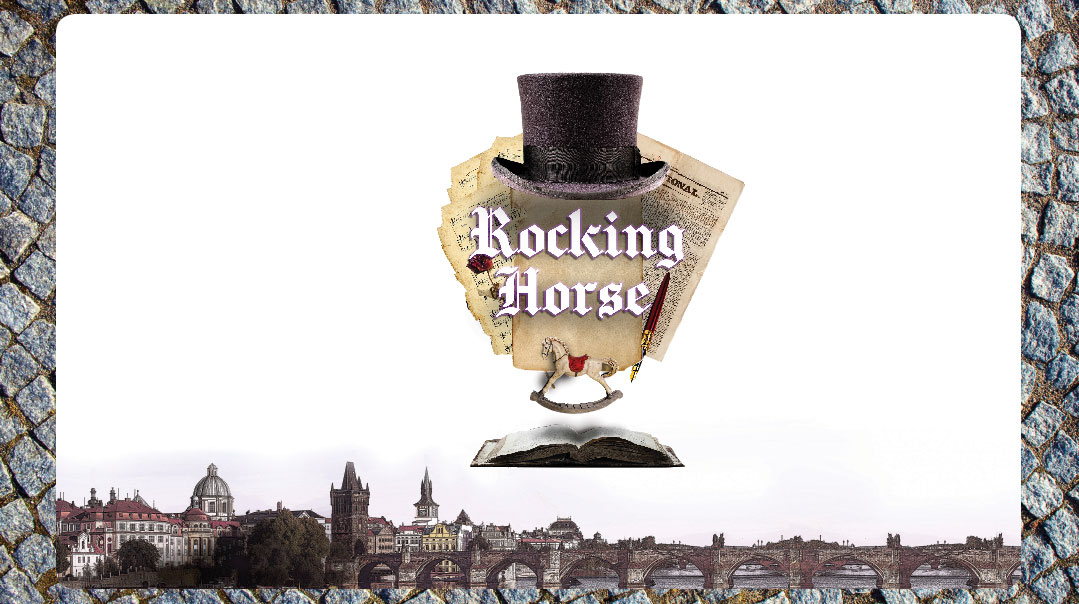Rocking Horse: Chapter 29

The driver faces him, trying to get inside, but Tatte doesn’t even notice, his eyes are on the carriage, on her and Emmy

Everything is the same. And everything is different.
There’s the mud. The minute she climbs out of the carriage, her boots are covered in a sticky layer. The new day is just beginning, and in the dim morning light, she looks up and down the street. It’s not that they have stopped in a puddle. It’s just that there are no cobblestones, and it is winter, and this is how it always is, or was. Funny that she does not remember it.
“Boots can be cleaned,” she calls behind her to Emmy, as her daughter steps down from the carriage.
Then there is the cold. In Prague, the air is softer, damper. Here it is sharp like jagged ice. Just across from the village, fields shine white with frost; it looks like they have arrived in another world. Maybe they have traveled as far as the moon. She holds her arms around herself for warmth and drinks in the scene, greedy eyes, greedy heart.
Home. She is home.
The creak of a door. She looks around; her old neighbor, off to daven neitz. He looks up at them with curiosity, then continues on his way, head dipped, lips already moving in prayer. Doubtless, he is making his way to the shul with the corrugated metal roof; they were so proud of it when it was built, only to realize that the sound of the rain was deafening, drowning out even the loudest shaliach tzibbur.
The horses paw the ground, ready for a drink. The driver jumps into the mud and with a grunt, unstraps their trunks, hauling them down.
“Not on the mud,” Emmy screeches.
The driver rocks for a second, staggering under the weight, unsure of what to do. Hannah points toward the house and he staggers up the path.
It’s all a blur. The door opens; Tatte stands, gaping. The driver faces him, trying to get inside, but Tatte doesn’t even notice, his eyes are on the carriage, on her and Emmy.
Then he blinks and finally sees the red face, the trunk. He moves to the side, but the door is too narrow. He will need to step back into the house, if only to let the driver set down the trunk, but he will not do so, for fear that she and Emmy will disappear.
He stumbles backward, then runs forward toward them. He stops a foot away, and raises both hands above his head, as if he is drawing down a stream of light from the heavens. The newborn sun hits his fingers so they seem to glow, and Tatte bellows into the rising sun: “Yevarechecha Hashem v’yishmarecha…”
Oops! We could not locate your form.


